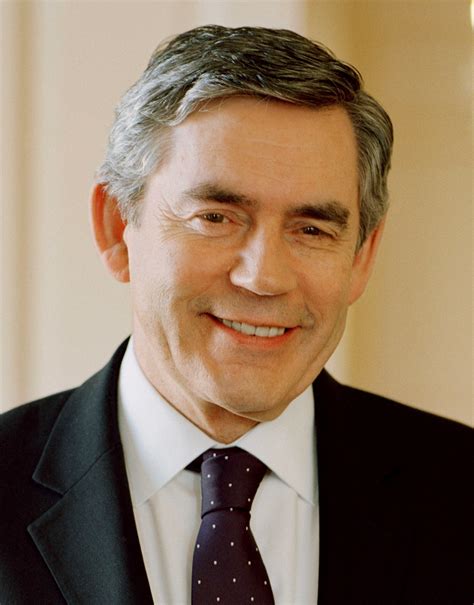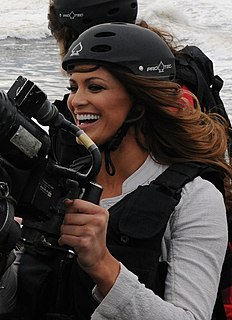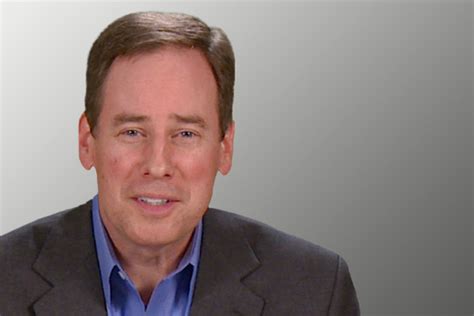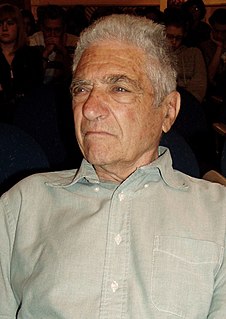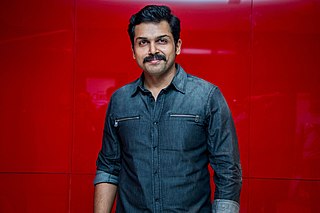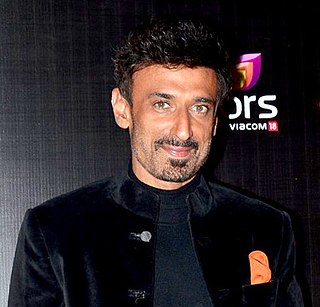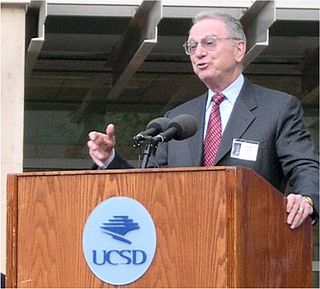A Quote by Sushant Singh Rajput
I remember when the results of the All India Engineering exams came out. I ranked 7th. I even got a scholarship. But it was during the sixth semester of my engineering course that I decided to call it quits and pursue acting seriously.
Related Quotes
Shiv Nadar University has five schools with 16 departments offering 14 undergraduate, 10 master's and 13 doctoral programmes. The demand for engineering courses - computer science, engineering, electronics, communication engineering, mechanical engineering - is slightly on the higher side compared to other engineering courses.
Engineering is not merely knowing and being knowledgeable, like a walking encyclopedia; engineering is not merely analysis; engineering is not merely the possession of the capacity to get elegant solutions to non-existent engineering problems; engineering is practicing the art of the organizing forces of technological change ... Engineers operate at the interface between science and society.
It was never on the cards for me to go to uni, going to a sink secondary modern in the Midlands. The threat was that if you didn't get your exams, you would end up in a factory. Which I did, but actually that was a great experience, and I would have even got an engineering diploma if I had stuck my three years out.


